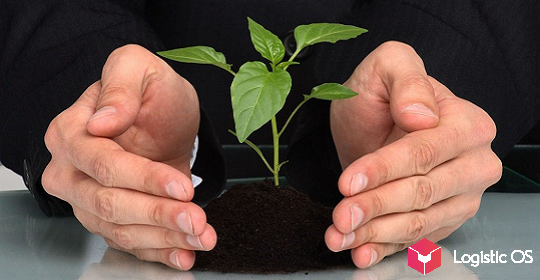The Sri Lankan tea industry is now beginning to actively use modern technologies to increase efficiency.
Since 1965, Sri Lanka has been the largest exporter of tea, but for a long time its production was carried out mainly by small companies and individuals using traditional technologies. However, significant changes are now taking place in this area.
For example, it recently became known that special solutions have been developed specifically for the Sri Lankan tea industry.
We are talking about high-tech tools that can be used in tea cultivation to significantly increase the productivity of farmers.
One of these tools is a local weather station that provides accurate weather data in real time.
It is noteworthy that thanks to such a development, it is possible to obtain accurate weather data in a local dimension, at the level of a single field.
The second tool is a tea leaf condition analyzer, which allows you to very quickly determine what stage of readiness they are at the moment, what is the quality of the tea leaves.
Thanks to such a tool, agricultural producers can quickly respond to any threats posed to the tea leaf and eliminate them in order to improve the quality of their products.
It is also possible to schedule the start of harvesting immediately as soon as the leaves in the desired field have reached the required level of development.
The third tool is a soil analyzer, which allows you to instantly obtain data on its condition, including mineral composition, weed and pest infestation.
In addition to the fact that such a tool significantly saves time, it is also very useful for accurately calculating the time and amount of fertilizer application.
It is noted that similar solutions have previously been implemented and tested in India, and now they are planned to be distributed to Sri Lanka.
Manufacturers of high-tech solutions note that they should help farmers improve their efficiency, increase the volume of tea harvested, and at the same time reduce the negative impact on the environment.
It is also emphasized that the new tools are planned to be made available to the maximum number of farmers, including small farms.
It is assumed that this will make the tea growing industry in Sri Lanka more modern and sustainable and will help farmers successfully cope with many of today’s challenges, maintaining their leadership in the field of tea exports.

